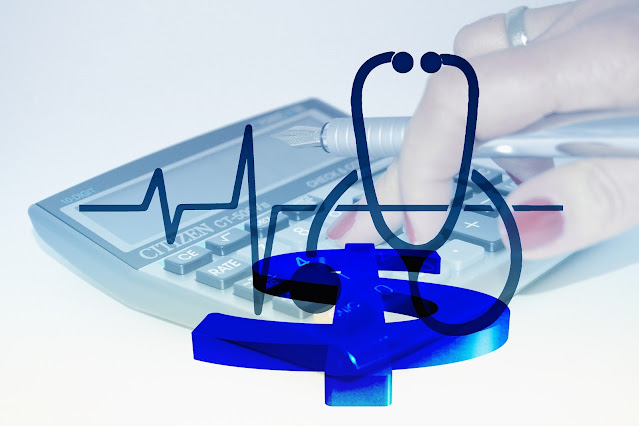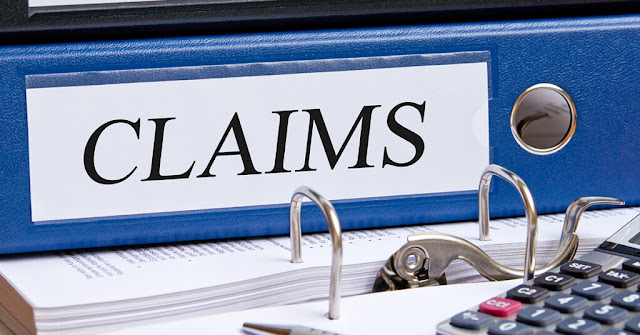Accounts Receivable Recovery Solutions

Accounts receivable recovery solutions are important in the healthcare industry for several reasons: Payment Delays: Healthcare providers often experience delays in receiving payments from insurance companies, government programs, or patients themselves. This can lead to cash flow issues and impact the organization's financial stability. A R recovery solutions help expedite the payment process and ensure timely collection of outstanding balances. Complex Billing and Coding: Healthcare billing and coding can be intricate and prone to errors. Correct coding or complete documentation can result in claim denials or delayed payments. Accounts receivable recovery solutions help identify and rectify such errors, ensuring accurate billing and increasing the chances of payment reimbursement. Insurance Denials and Appeals: Insurance companies may deny claims for various reasons, such as lack of medical necessity, incorrect coding, or missing documentation. Recovering denie...





